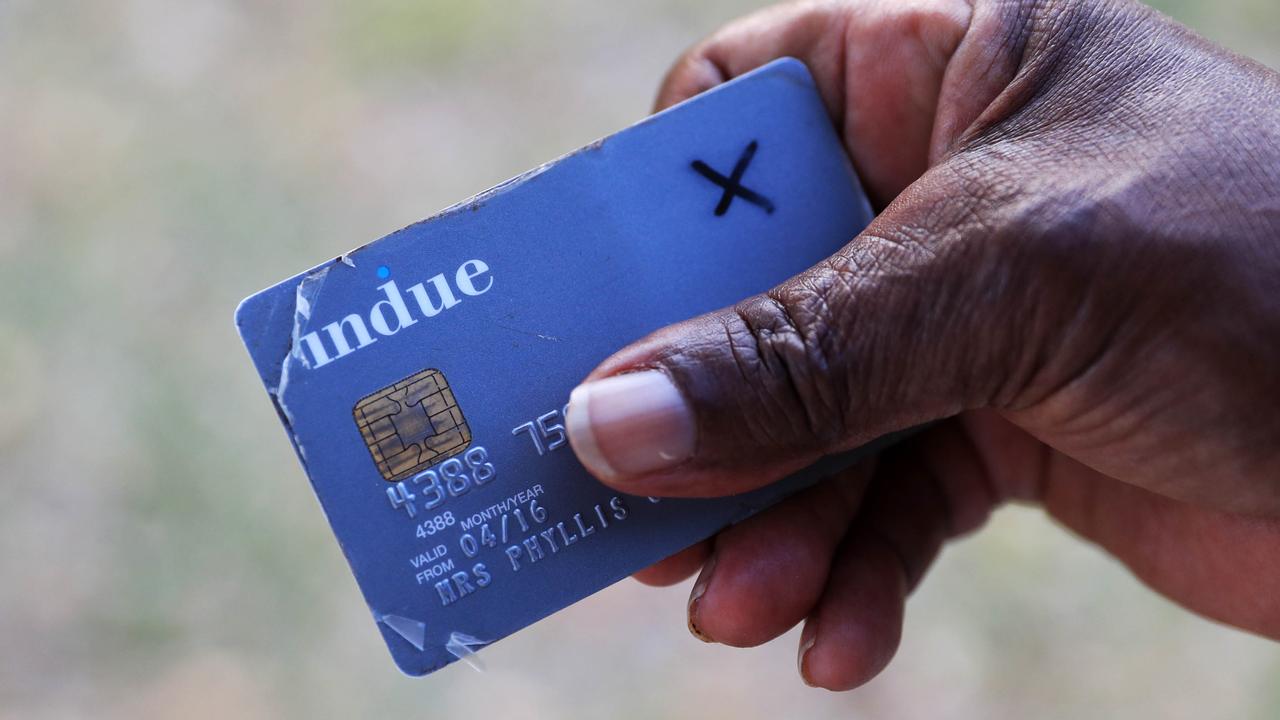Expansion of cashless welfare card trials set to pass Senate
The passage of controversial legislation to expand the cashless welfare trials to Queensland is close to being secured.

The passage of legislation to expand the cashless welfare trials to Queensland is close to being secured after the Coalition agreed to support amendments and a new independent inquiry that will clinch the vote of key independent senator Tim Storer.
The first major legislative push from the Morrison government will come today when, in a surprise move, the Coalition will resume debate on amendments for the bill to expand the trials to the Bundaberg and Hervey Bay region.
The Australian understands former social services minister Dan Tehan gave a commitment to Senator Storer that the government would support his amendment to the bill. The new minister, Paul Fletcher, confirmed that deal in a conversation late last week.
The last-minute change to the Senate agenda means the welfare trial expansion could soon be reality. The government has support from most of the crossbench but the two Centre Alliance senators, Rex Patrick and Stirling Griff, have flatly refused to support the bill because they say the evaluation of the $18 million trials to date has been poor.
The move has the support of others, including Liberal Democrat David Leyonhjelm and Katter’s Australian Party’s Fraser Anning, but Senator Storer has held back unless his amendment passes. “The amendment requires an additional independent inquiry which must consult trial participants, determine whether the cashless welfare arrangements are effective and whether they should be implemented outside trial areas,” Senator Storer said.
“Unless the amendment is carried, I will oppose the legislation.”
Following debate on the amendments, the bill will be reported and a final vote on the legislation as a whole will be held.
Senator Storer’s amendment is designed to deal with an assessment of the Australian National Audit Office that found in July the existing evaluation of the original trial sites in Ceduna in South Australia and the East Kimberley in Western Australia was so deficient that it was not possible to say whether they had improved outcomes for participants.
“There was a lack of robustness in data collection and the (Department of Social Services)’s evaluation did not make use of all available administrative data to measure the impact of the trial, including any change in social harm,” the audit office report said.
The trial was intended to test whether social harm caused by such spending could be reduced by quarantining part of participants’ welfare payments on to a card that could not be used to buy alcohol or gambling products or to withdraw cash, as well as to develop lower cost welfare quarantining measures to replace existing income management arrangements.
In 2014-15, Bundaberg, 350km north of Brisbane, was the postcode with the highest total value of welfare payments in the country.
In March this year, there were 13,600 age pensioners, 4237 disability support pension recipients and 4437 people on the dole in the 4670 postcode.
“I know there is considerable opposition to the trials but there is evidence some participants have found the card has improved their quality of life,” Senator Storer said.
“The Audit Office found serious shortcomings with the evaluation of the initial trials.”
Mr Fletcher declined to comment when asked about a deal.


